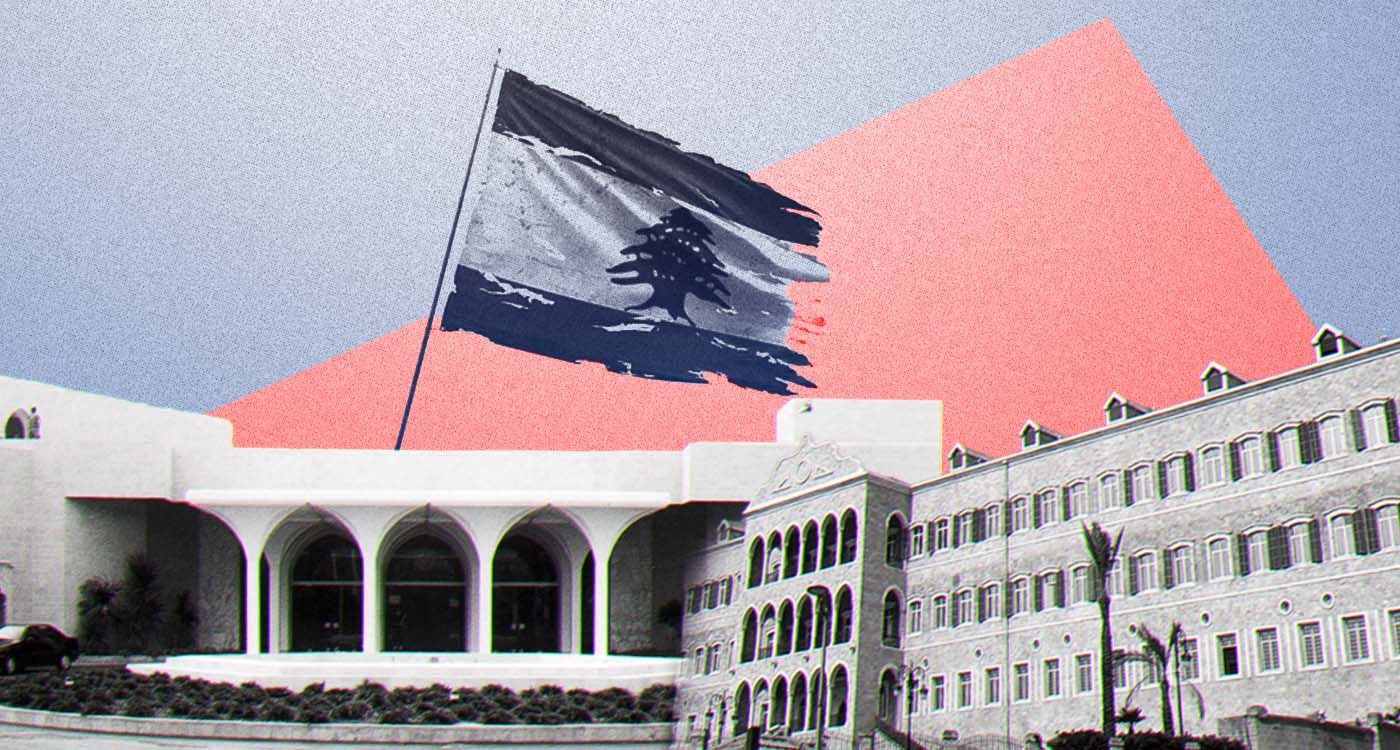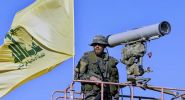
It is a world turned completely upside down. That seems to be the guiding principle of the radical wing of Tehran’s clerical regime, which persistently seeks to project onto Lebanon its own highly idiosyncratic—and at times surreal—vision of political action. Following the directives of its regional mentor, the local pro-Iranian group shows no hesitation in subverting the normal hierarchy in its relations with central authority.
For Hezbollah, it is the state and the government that must adapt to its wishes—or rather, to its whims—since it increasingly behaves like a spoiled child brazenly asserting its demands. In doing so, it pretends not to understand the most basic rule: political movements are expected to follow the national imperatives set by the state, not the other way around.
Last Thursday, Hezbollah sent an open letter to the president, the speaker of parliament—an ally—the prime minister, and the Lebanese public, reaffirming its opposition to any negotiations with Israel. At the same time, it reiterated its refusal to surrender its weapons—a blatant violation of the commitments it made nearly a year ago, when the ceasefire agreement with Israel was concluded.
A firm reminder was clearly in order. Prime Minister Nawaf Salam acted swiftly, delivering a sharp response to the pro-Iranian faction and emphasizing that “the government has once again assumed sole authority over decisions of war and peace, and no party other than the government has a say in such matters.” “It could not be clearer,” he added, quite aptly.
Foreign Minister Joe Raggi was equally firm at the last Cabinet meeting, explicitly urging his colleagues from the Shiite duo to clarify their position without ambiguity and to state whether they aligned with the content of Hezbollah’s open letter or with the Cabinet’s ministerial declaration. The record does not indicate how Amal and Hezbollah representatives reacted.
Against the backdrop of the country’s current dire situation—brought about by Hezbollah’s indefensible choice, from its inception, to align unconditionally with Tehran—it has become essential to state certain truths plainly. It is increasingly hard to justify the indulgent attitude of some senior officials toward those who proudly describe themselves as soldiers in the army of the wali al-faqih. Such leniency is being fully exploited by the pro-Iranian group to undermine the central government’s authority, buy time, and rebuild its militia network, turning the country into a vast warehouse for its weapons and ammunition.
By constantly seeking to appease Hezbollah’s supporters to avoid offending them, other national constituencies are neglected, and their legitimate aspirations for peace and socio-economic stability are ignored—after more than half a century of futile wars imposed on Lebanon by regional powers. This distorted perception of domestic realities is driving most Lebanese toward disillusionment and destructive frustration, jeopardizing the nation’s very future.
In times of existential crisis, any government must act with firmness and resolve in its major national decisions to assert its authority over all political actors. Failing that, a dangerous reversal of roles could occur—one in which a partisan faction dominates the state and steers the country onto perilous ground.




Comments